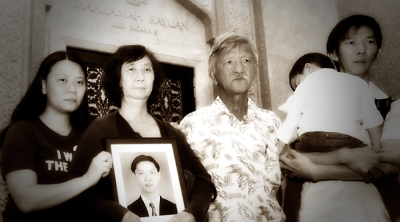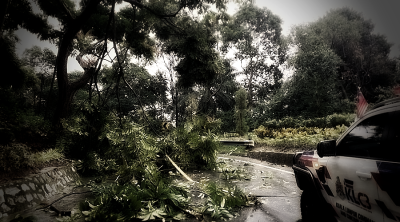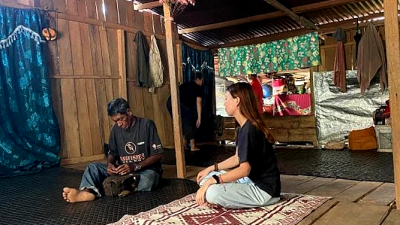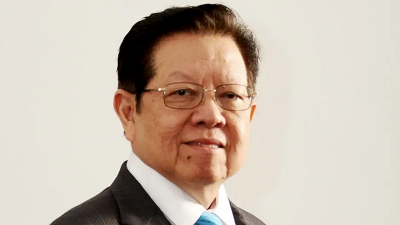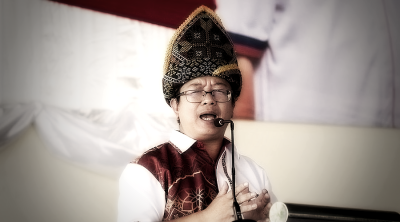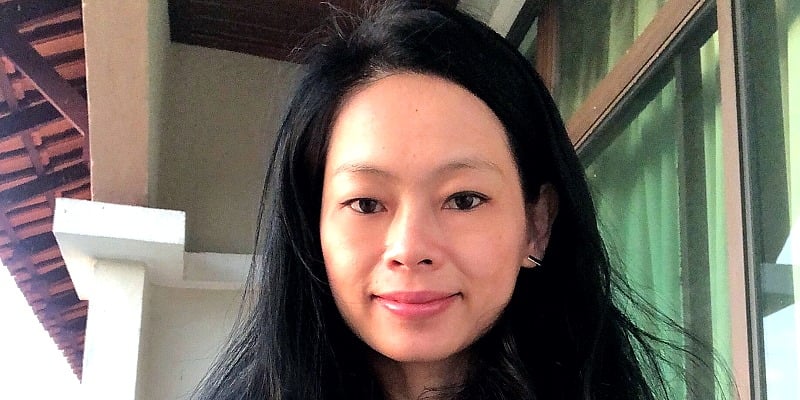
The COVID-19 has basically changes our lifestyle and its impact is far beyond what we can imagine. This is an unusual year for many including teachers and students.
Across the world, classes have been either moved online or suspended. Many need to come up with alternatives to replace the usual face-to-face learning.
It might seem like a “holiday” for some, but the university shutdowns are wreaking havoc with many students’ lives. For the Universiti Malaya (UM), it is moving its lessons and examinations online starting April 27.
As told by the deputy vice-chancellor (Academic and International) Prof Dr Kamila Ghazali, “This will be UM’s ‘new normal'”.
In order to continue with minimal movement of students in big groups or gathering, the online learning in UM will be continue even after the movement control order (MCO) was lifted.
The online method also includes the conduct of exams through alternative assessment methods with some exceptions such as the project-based courses that required physical and face-to-face contact during lessons.
Nevertheless, online learning method is not new in UM as it has been a part of the university’s teaching and learning delivery. But this will be the first time that UM and many other universities go online teaching and learning in full force.
In the midst of this pandemic, the universities have no option but need to adapt fast to the circumstance. However, there are few issues that we need to take into consideration.
First, not all students have the Internet facility. While I am lucky that most of my students as I checked have no issue with the Internet accessibility wherever they are. But then we cannot assume all students and even teachers could have stable Internet facility to support the online learning with no disruption, more so in the midst of the pandemic.
Second, some have also questioned about the study fees as some universities have suspended classes or having classes online. Some have debated that in such circumstances, refund of full fees if classes are suspended or refund half fees or to provide discounts if the classes are to be conduct online.
For instance, the New Zealand Union of Students’ Associations wants a freeze on student loan repayments so that the graduates struggling financially can have extra cash.
They also demand for a universal student allowance for those currently studying and fee rebates for courses that cannot practically be done online; as they are not getting the education they paid for.
Third, how about the fate of international students who continue to be away from their home countries? How about those who could not get home?
In relation to this, Australian Prime Minister Scott Morrison’s call for the international students in financial difficulty to leave the country has stirred controversy with many education leaders have expressed outrage at his comments, which overlook the difficulty students would have in finding flights home and the peril they might face from the pandemic in the journey.
Fourth issue is link to third issue where it refers to the Malaysian students who currently remain staying in the campus.
While some students have managed to return home before the MCO is being put in place, some have questioned how about those who remain the campus.
Since most universities will be go online for the whole semester in the case of Malaysia, will they be allow to return home?
Fifth, how about students with disabilities? Is our online teaching and learning inclusive enough to also guarantee that they are not left out in this process?
All these five issues that I have just mentioned do not have a straightforward answer, but the solutions from the universities must always remember that students matter most. The pandemic has opened up the discourse on issues of privilege and equity.
For instance, a student whose parent just lost a job in the pandemic might be less able to perform than they were weeks ago in the campus.
When the pandemic hits us, the first significant change that we have seen in the education sector is that the physical nature of learning has been challenged.
It is too early to measure the success of online, distance or remote learning, but what is certain for now is that this pandemic has shown to us that while technology is powerful but it is not able to replace face-to-face learning.
Nevertheless, it is critical that during this time, education must continue.
(Khoo Ying Hooi is Universiti Malay Senior Lecturer.)
ADVERTISEMENT
ADVERTISEMENT











